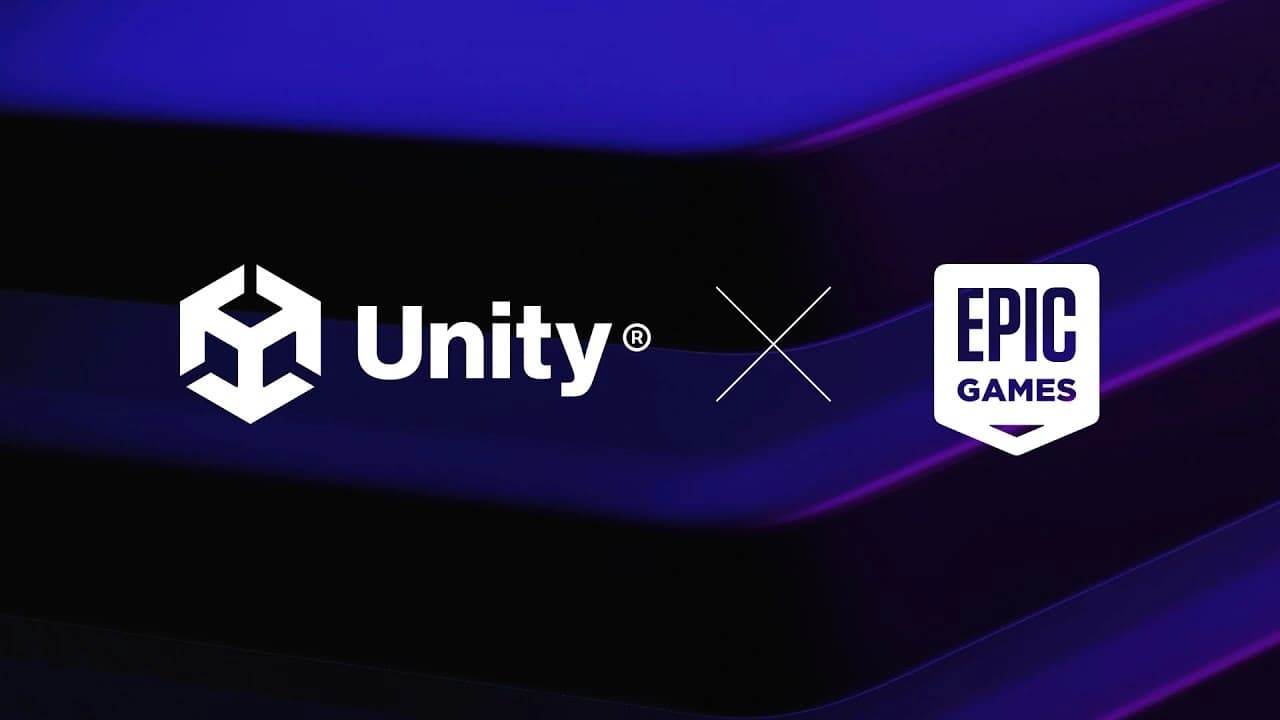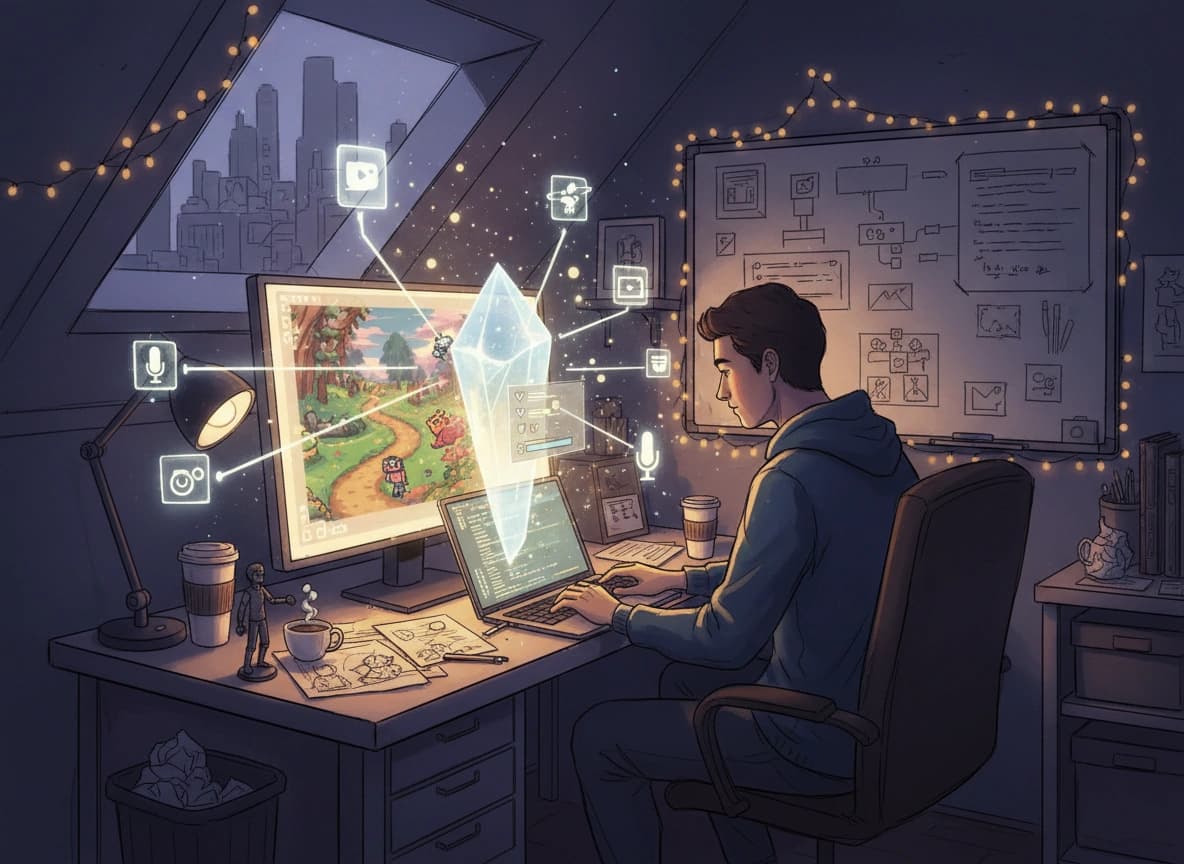Indie developers often find themselves caught between big dreams and small budgets, but you don’t need millions of dollars or dozens of employees to bring a great game to life.


With limited resources and a highly competitive market, new game development studios need clarity and direction to avoid early pitfalls. This article outlines nine tips every emerging studio should follow to set a strong foundation for long-term success.

Unity’s integration into Fortnite offers developers access to a massive player base, new monetization opportunities, and a shift in how we design and engage players, unlocking exciting potential for content creation and growth.

Learn how to transform your daily progress, struggles, and decisions into a powerful marketing engine that grows alongside your game.
Subscribe to our newsletter to receive the latest news, updates, and special offers directly in your inbox. Don't miss out!